Celery is a crunchy, low-calorie vegetable that many people enjoy eating. But can horses eat {celery} as well? This is a common question for many horse owners looking for healthy treats and additions to their equine diets. In this definitive guide, we’ll cover everything you need to know about feeding celery to horses.
Can Horses Eat Celery? The Short Answer
The short answer is yes, horses can eat celery in moderation. Celery is not toxic to horses and provides some nutritional benefits. However, there are also some risks to be aware of, especially if horses consume spoiled celery or large amounts of it.
Celery is safe for horses when fed in limited quantities as an occasional treat. It should make up no more than 10% of their daily intake. Stick to feeding small amounts of fresh, washed, and chopped celery stalks. Avoid the leaves which can cause digestive upset.
Nutritional Value of Celery for Horses
Celery contains some beneficial vitamins, minerals, and nutrients for horses' health:
- Vitamin K - Important for blood clotting and bone metabolism.
- Vitamin C - Boosts immune health and collagen production.
- Fiber - Promotes healthy digestion and gut function.
- Silica - Strengthens connective tissues like hooves and bones.
- Potassium - Helps muscle contractions and nerve transmission.
- Folate - Assists in cell growth and production.
So in moderation, celery can provide some nutritional value. Though it must be supplemented with hay and grain to meet a horse's full dietary requirements.
Benefits of Celery for Horses
Some potential benefits of celery for horses include:
- Encouraging chewing and saliva production which supports healthy teeth and digestion. The fiber also promotes good gut function.
- Providing a low-calorie treat option for easy-keeping horses who need to watch their weight.
- Adding variety to the diet which horses enjoy. The crunch and juiciness is stimulating.
- Supporting joint health due to celery's silica content.
- Boosting hydration levels as celery is 95% water. This helps prevent impaction colic.
- Acting as a natural diuretic to support kidney function and reduce fluid retention.
So celery can be a healthy supplementary feed if given in moderation. Just don't rely on it as a main component of the diet.
Risks of Feeding Celery to Horses
While celery does provide some benefits, there are also some potential risks with feeding it to horses:
Can Horses Eat {Celery Leaves}?
No, horses should not eat the celery leaves, specifically. The leaves contain higher concentrations of oils that can irritate the digestive tract. They are also harder to fully chew and digest.
Choking Hazard
Celery's stringy texture poses a choking risk if horses don't thoroughly chew pieces. Always chop celery into bite-size bits before feeding. Avoid long, tough outer stalks.
High Water Content
Too much celery can cause digestive upset given its high water and fiber content. Introduce it slowly and feed no more than a few stalks at a time.
Increased Urination
The diuretic effect of celery may lead to loose manure or <strong>can horses eat {celery} sticks</strong>?increased urination if fed in excess. Monitor your horse's hydration and electrolyte levels.
Moldy or Rotten Celery
Never feed moldy, wilted, or rotting celery as it contains toxins. Only feed fresh, crisp celery that is washed and chopped into pieces. Discard any old or questionable celery.
Pesticides
Wash celery thoroughly to remove any pesticide residues which can be toxic to horses. Get organic celery whenever possible.
As long as you introduce celery slowly, feed it in moderation, and take precautions, it can be a beneficial supplement. But avoid overfeeding.
How Much Celery Can Horses Eat?
Moderation is key when feeding celery. As a general rule of thumb, celery should make up no more than 10% of your horse's total daily intake. For a 1000 lb horse, that equates to around 4-5 average-sized celery stalks per day.
Spread this into 2-3 small servings throughout the day. Too much at once increases digestive upset and urination risks. Mix it in with their main hay and grain meals.
Also, adjust the quantity based on the individual horse. Some tolerate celery better than others. If you notice any adverse effects, reduce the amount or discontinue celery feeding.
Can Horses Eat {Celery and Broccoli}?
Broccoli offers similar benefits to celery for horses. But there is no added nutritional value to feeding celery and broccoli together. Vary the vegetables you provide instead.
For example, swap broccoli in for celery every other day. Or mix up treats like carrots, apples, and squash too. This exposes horses to a range of vitamins, minerals, flavors, and textures.
Just maintain the 10% vegetable limit and adjust quantities if the horse has any issues. Feeding a mix of vegetables is fine, just don't overdo any single one.
Feeding Celery to Horses Safely
If you want to feed celery to your horse, follow these tips for safety:
- Select fresh, crisp celery with no mushy spots, wilting, or brown areas. Avoid old celery.
- Wash celery thoroughly before feeding to remove dirt and chemical residues.
- Chop celery into bite-size pieces about 1-2 inches long. Cut the pieces lengthwise to minimize choking.
- Avoid feeding stringy outer celery stalks. Stick to the inner and middle stalks which are more tender.
- Remove and discard all celery leaves before feeding as they can irritate the digestive tract.
- Introduce celery slowly at first, such as a few small pieces with their meal.
- Feed no more than a few stalks per day, about 4-5 for a 1000 lb horse.
- Spread celery feedings out across 2-3 small servings throughout the day.
- Monitor the horse's manure consistency and hydration status. Reduce celery if loose manure or increased urination occurs.
- Never feed rotting, moldy, or wilted celery. Only feed fresh, crisp washed pieces.
Following these guidelines will help make celery a healthy supplemental feed. But it should never replace hay and grain as the foundations of your horse's diet.
Healthy Alternatives to Celery for Horses
If your horse seems prone to digestive upset from celery, there are some other options to try instead:
- Carrots - Packed with vitamin A and beta-carotene. Can feed up to 5 medium carrots daily.
- Apples - A treat horses relish. Cut in slices or quarters with no seeds or core. Limit to 2 per day.
- Bananas - Rich in potassium, vitamin C, and magnesium. Peel before feeding 2-3 inch chunks.
- Watermelon - Provides hydration and nutrients. Feed seeded or seedless in 1-2 cup chunks.
- Cantaloupe - Full of beta-carotene and vitamin C. Great summer treat in 1 cup servings.
- Pears - Offer vitamin C and fiber. Slice and core before feeding half or whole pears.
- Pumpkin - Nutrient-dense with beta carotene. Cooked puree is easiest to digest. 1 cup servings.
For picky eaters, rotate different treats to keep things interesting. Just introduce new foods slowly and watch for any intestinal upset.
Frequently Asked Questions About Horses Eating Celery
Many horse owners still have lingering questions about the safety of celery for horses. Here are answers to some of the most frequently asked questions about horses and celery:
Can a horse eat {celery}?
Yes, horses can eat celery in moderation as part of a balanced diet. A few stalks 2-3 times per week is a reasonable amount for most horses. Just chop it first and avoid the leaves.
Can horses eat {celery stalks}?
The fibrous celery stalks are safe for horses to eat. Chop them into 1-2 inch pieces first to reduce choking risk. Only feed a few stalks a day and limit stringy outer stalks.
Can horses eat {celery with leaves}?
No, horses should not eat celery leaves. The volatile oils in the leaves are difficult for horses to digest and may cause intestinal upset. Remove all leaves before feeding celery to horses.
Can horses eat {raw celery}?
Celery is safe for horses when fed raw. No need to cook it first. Just wash it thoroughly, chop into small pieces, and feed a limited quantity 1-2 times daily.
Can horses have {celery juice}?
It's best to avoid feeding horses celery juice. Juicing extracts and concentrates the oils found in celery leaves that can irritate the GI tract. Plus, the liquid consistency poses aspiration risks. Chopped celery is safer.
Conclusion
Celery can offer some nutritional variety and benefits for horses when fed properly. Small amounts providing no more than 10% of the total diet are well tolerated by most equines. Stick to a few stalks per day chopped into bite-size pieces. Monitor your horse’s reaction and adjust the quantity as needed. Avoid the leaves and introduce new vegetables slowly. With some precautions, celery can be a healthy supplemental feed horses enjoy.

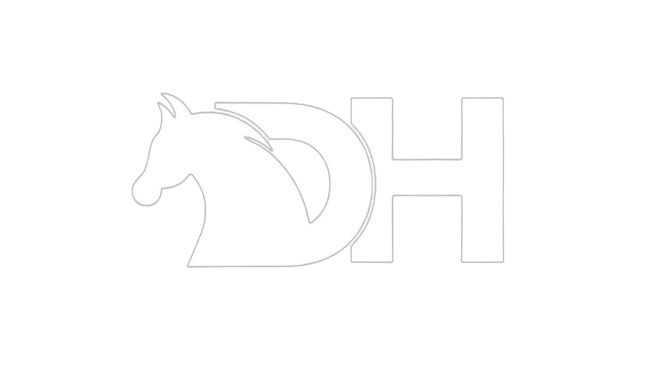





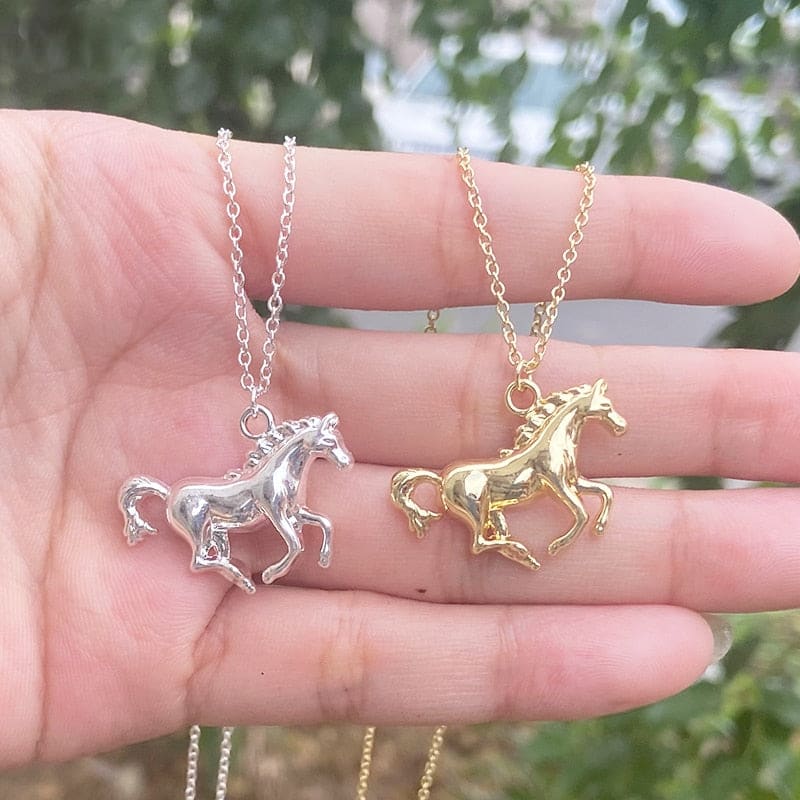
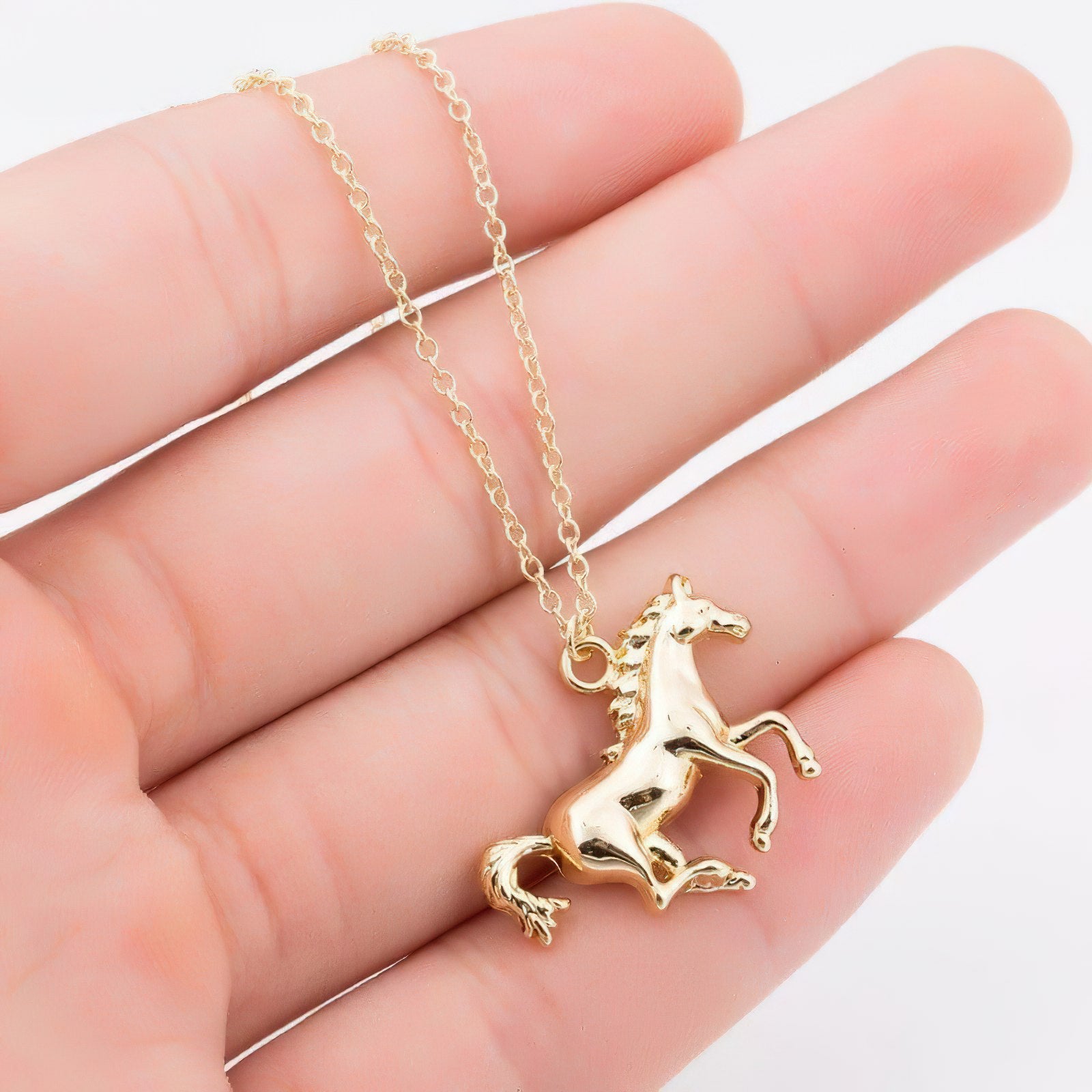
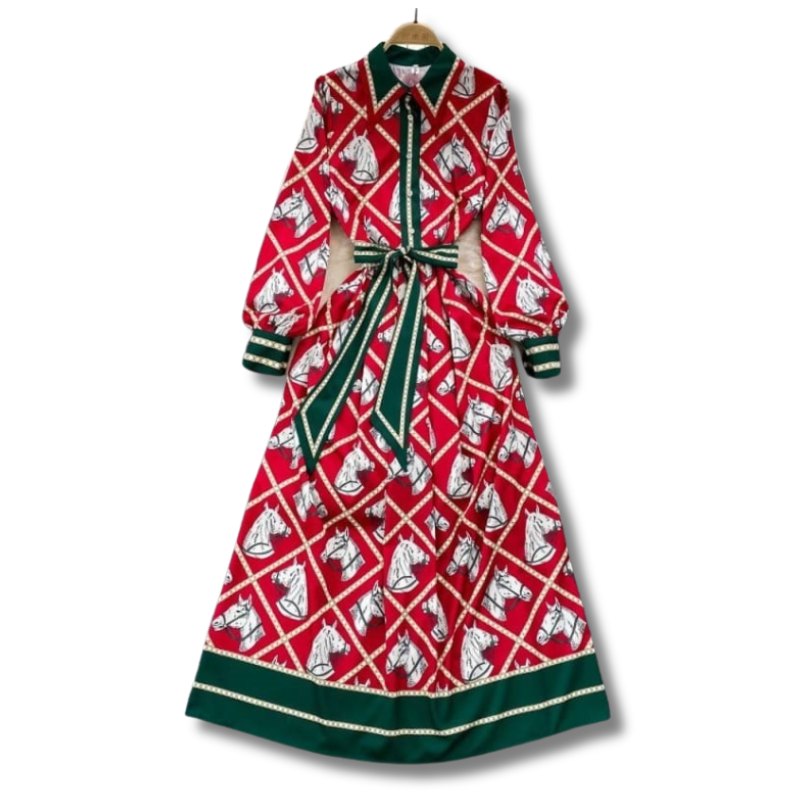









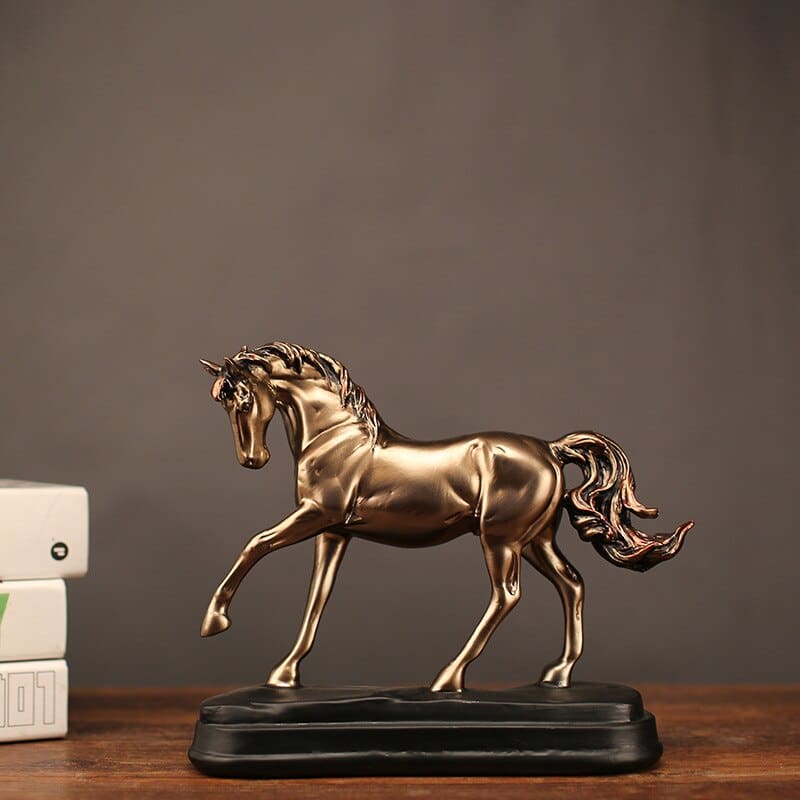
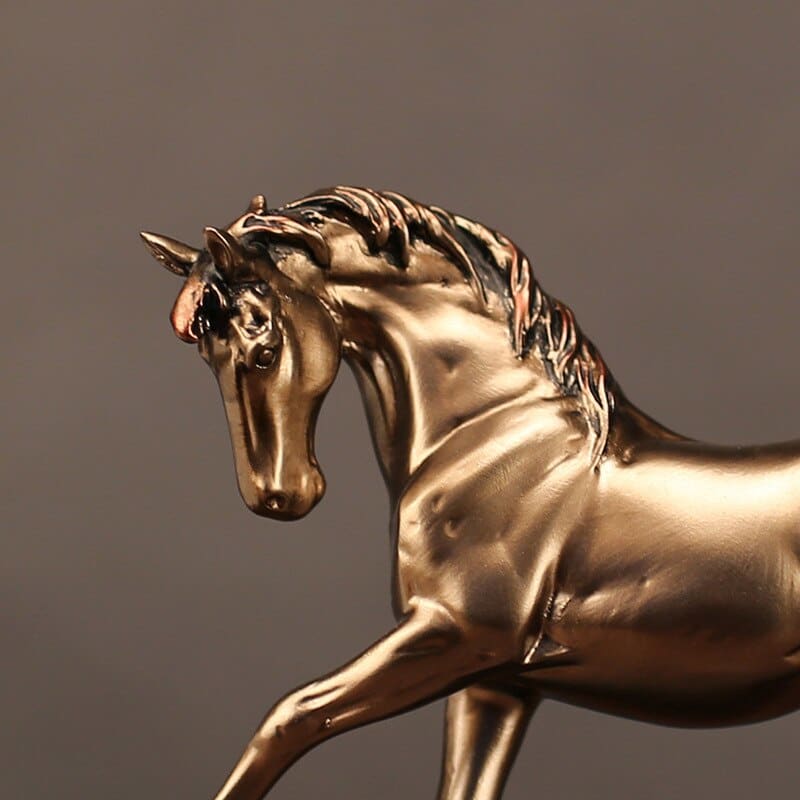
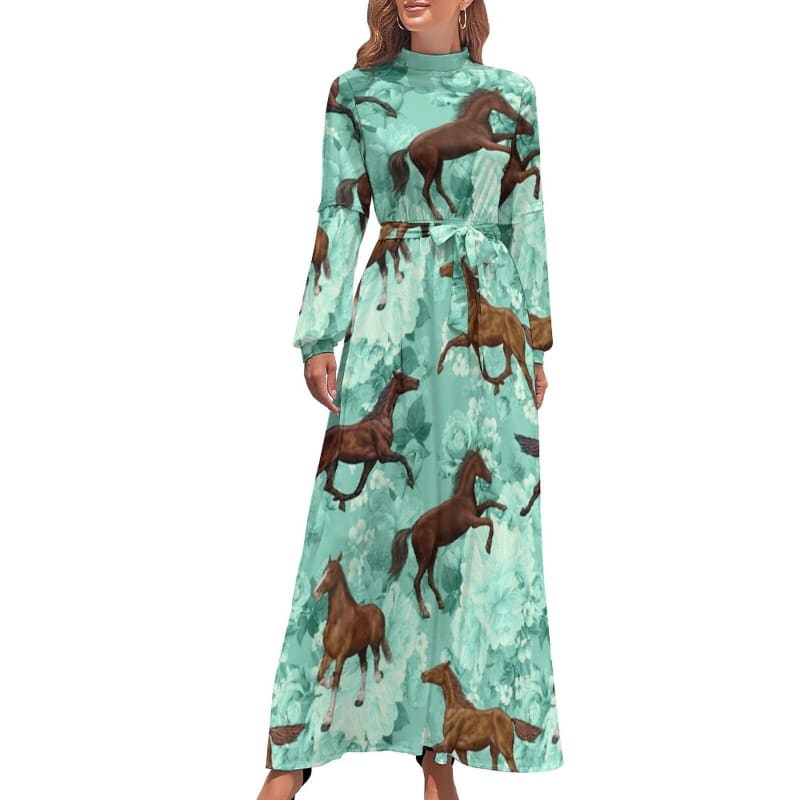

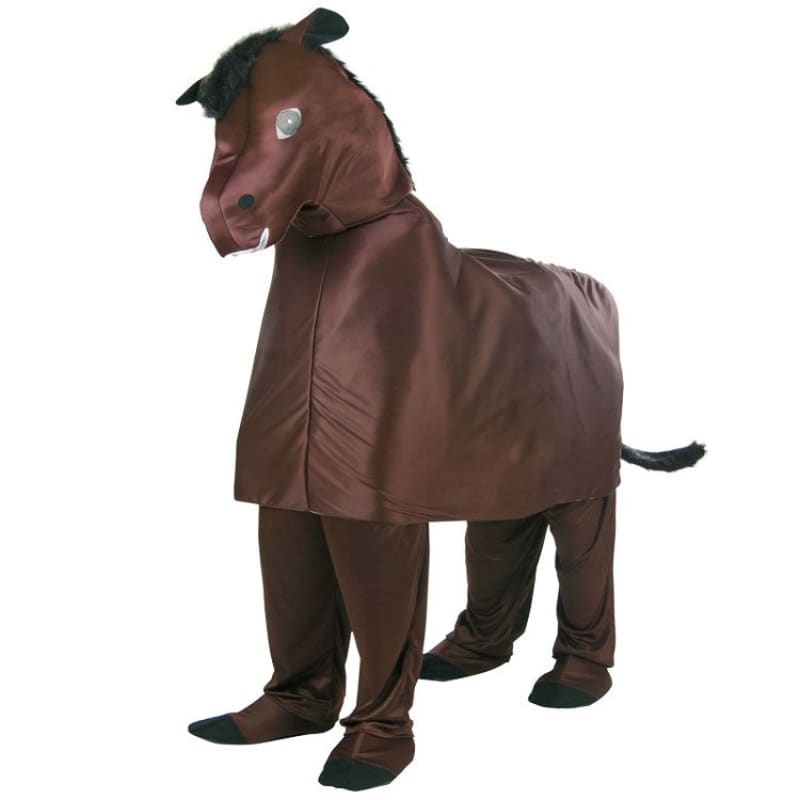
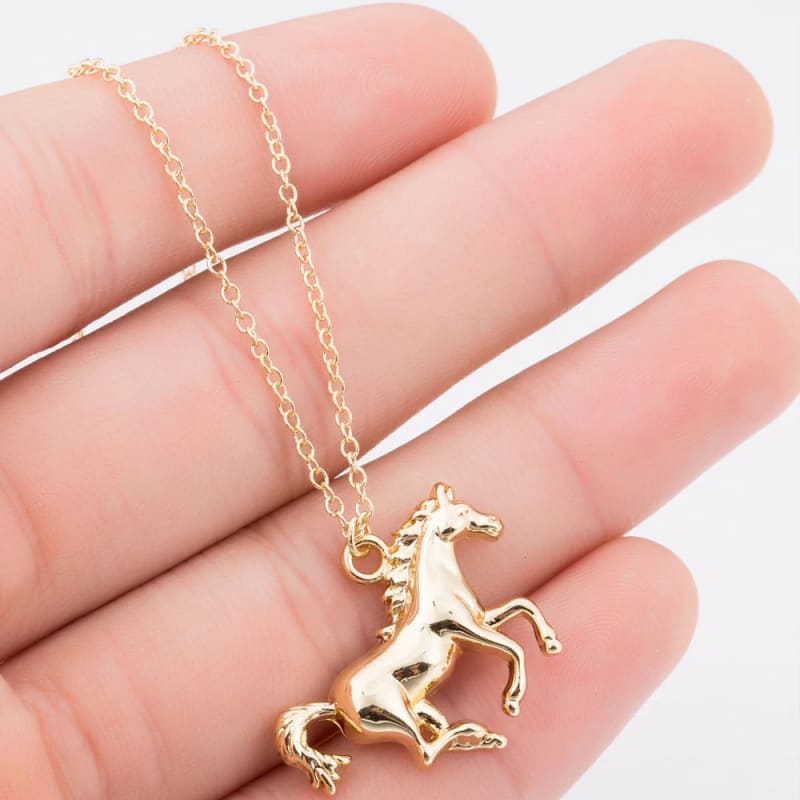
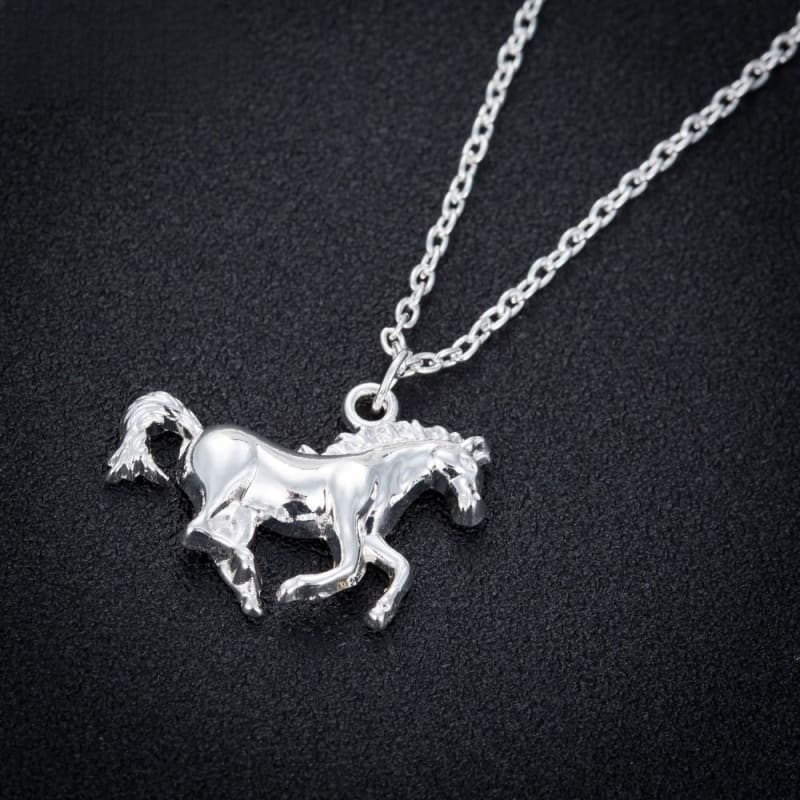


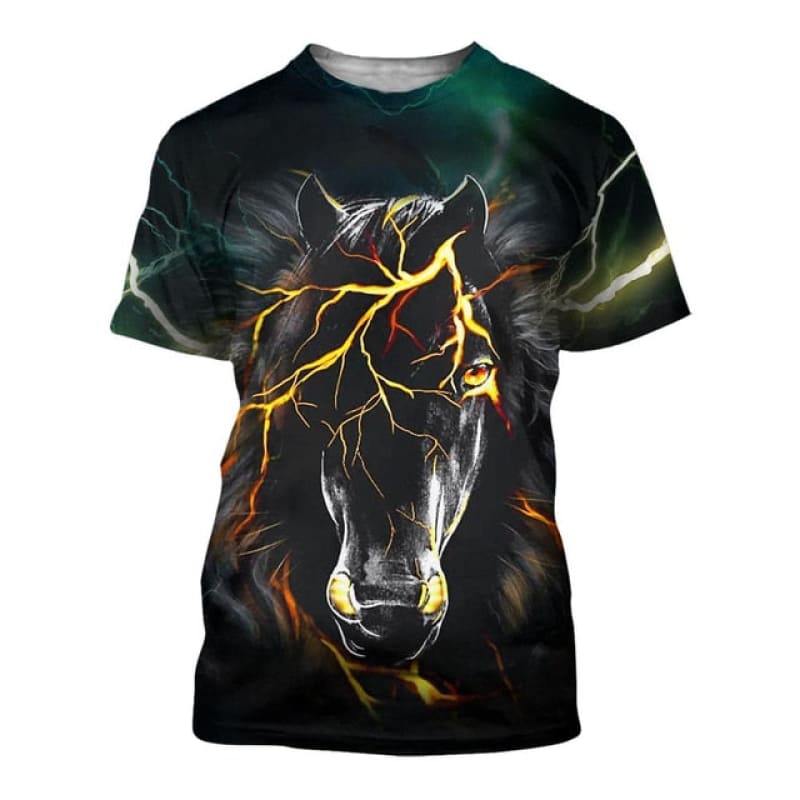
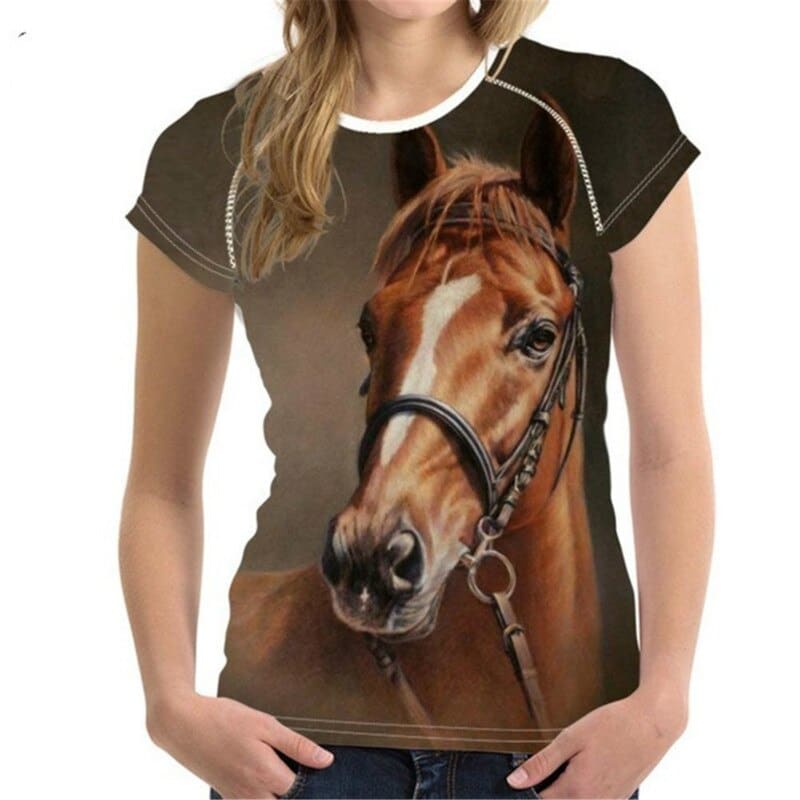
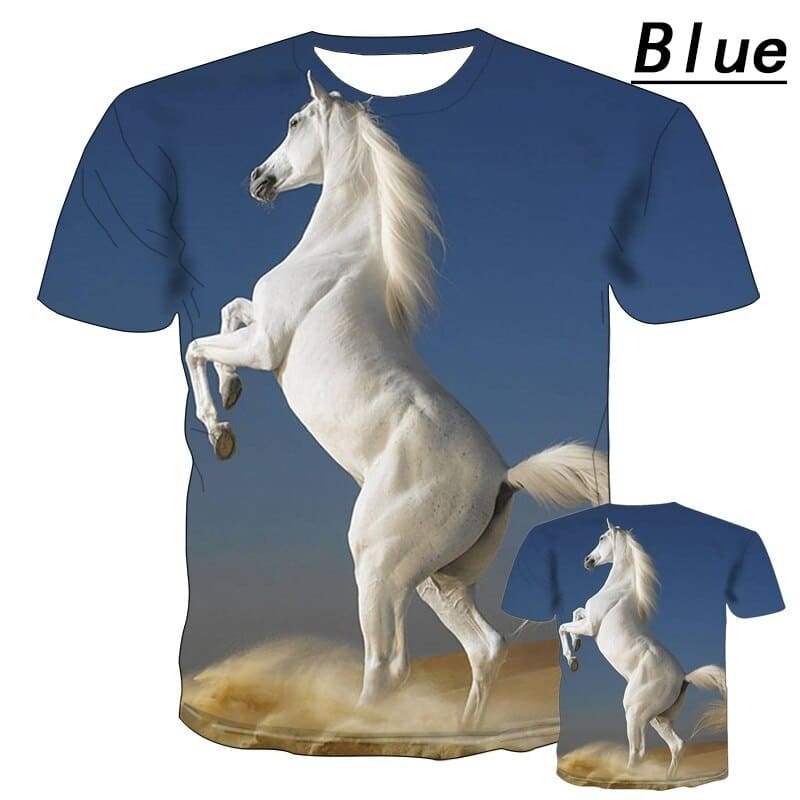

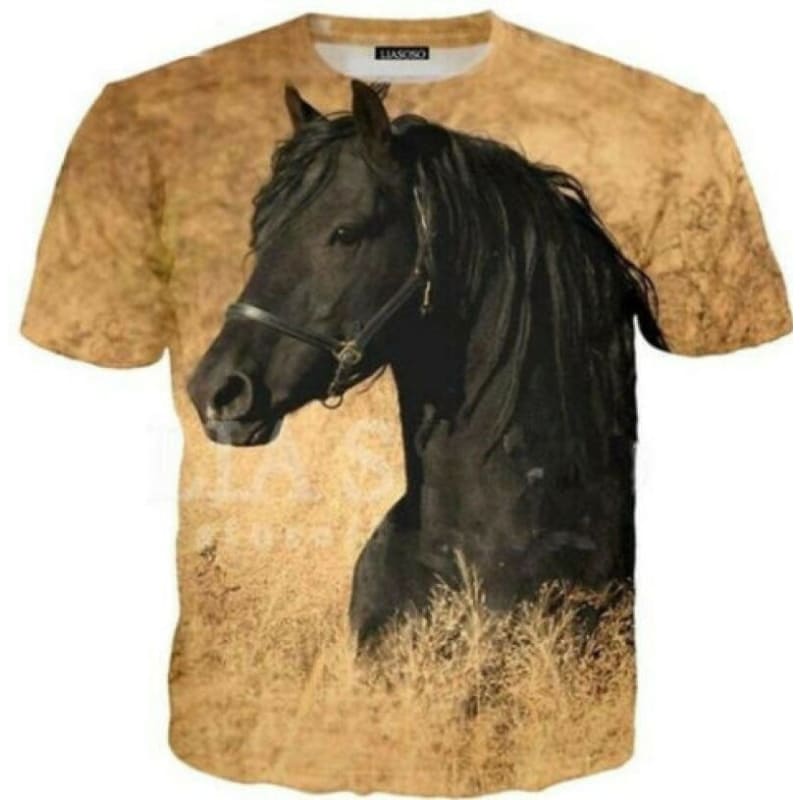



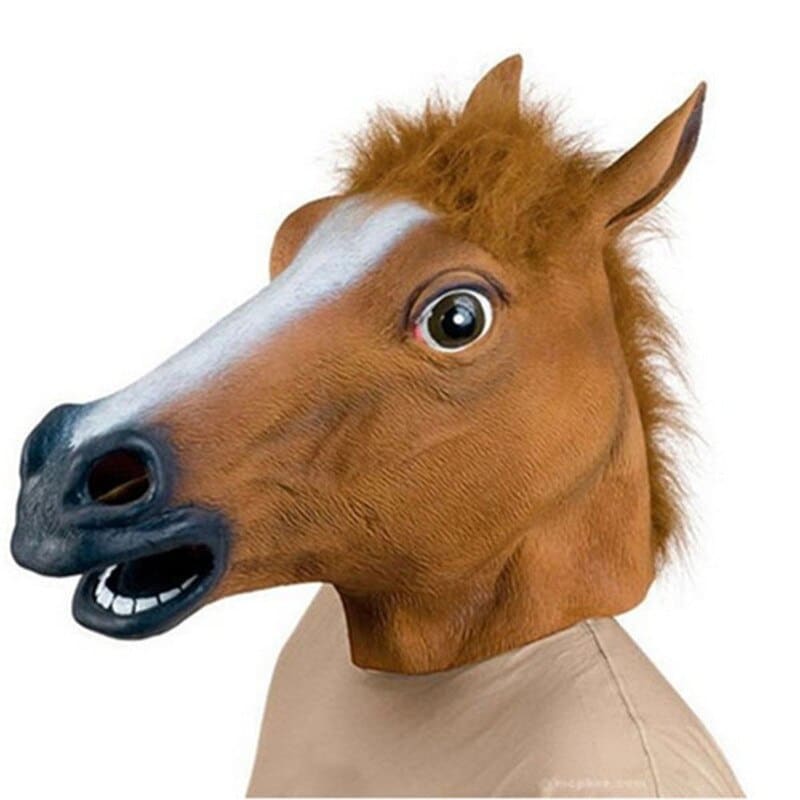
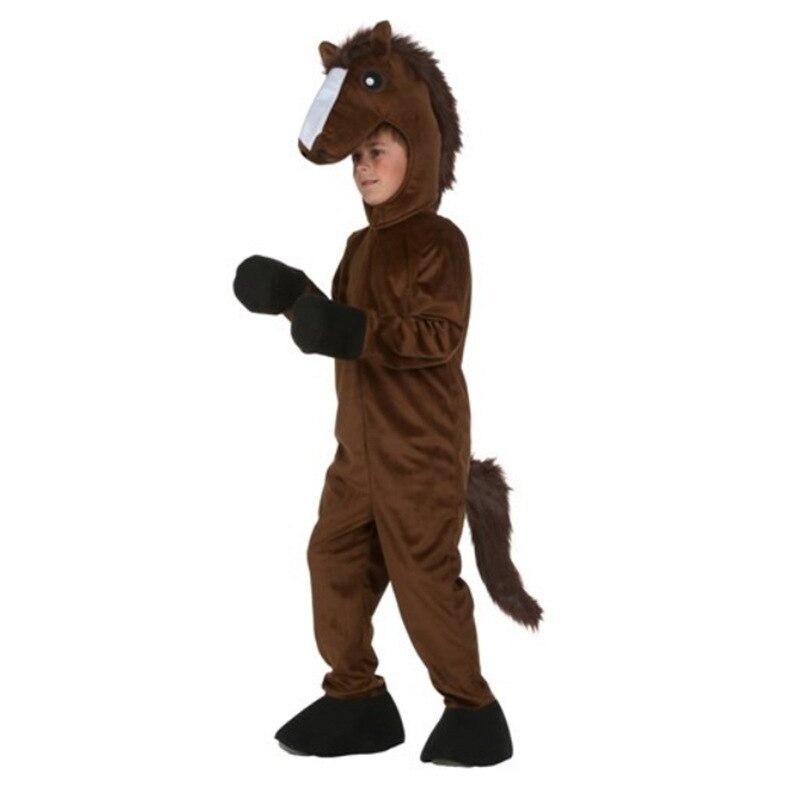
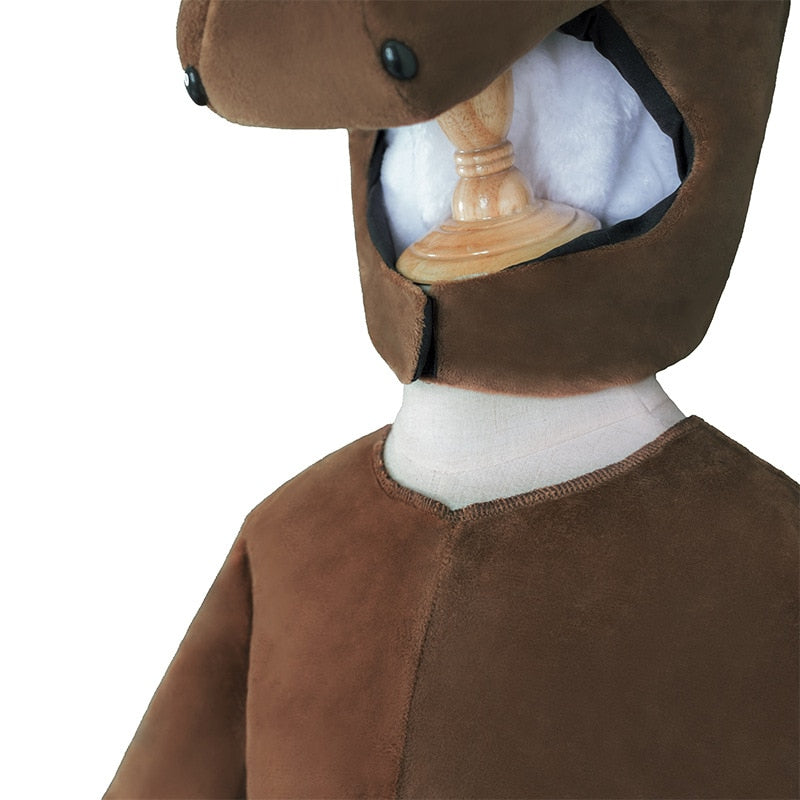
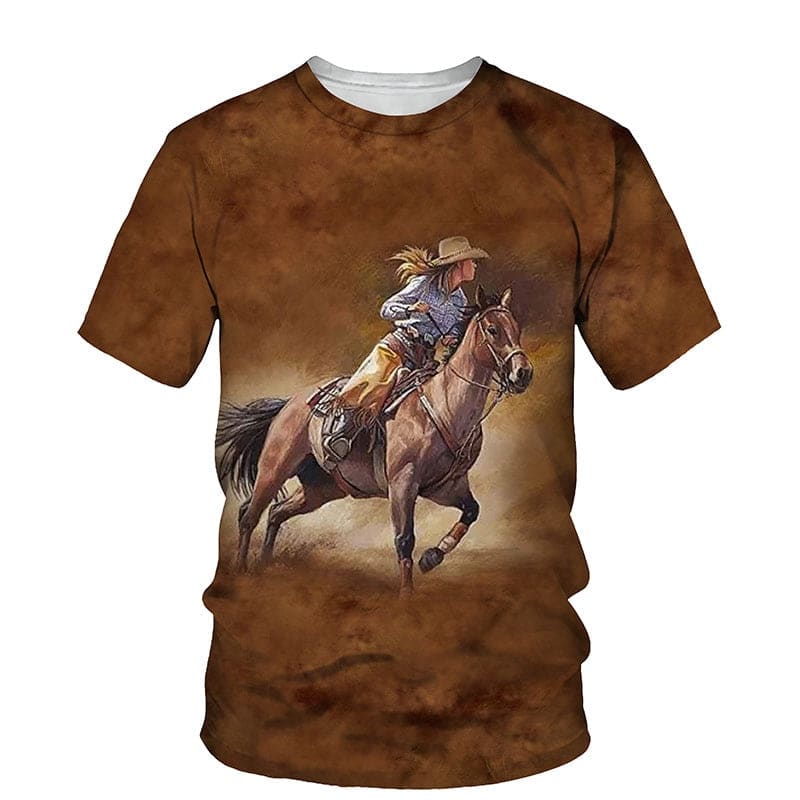







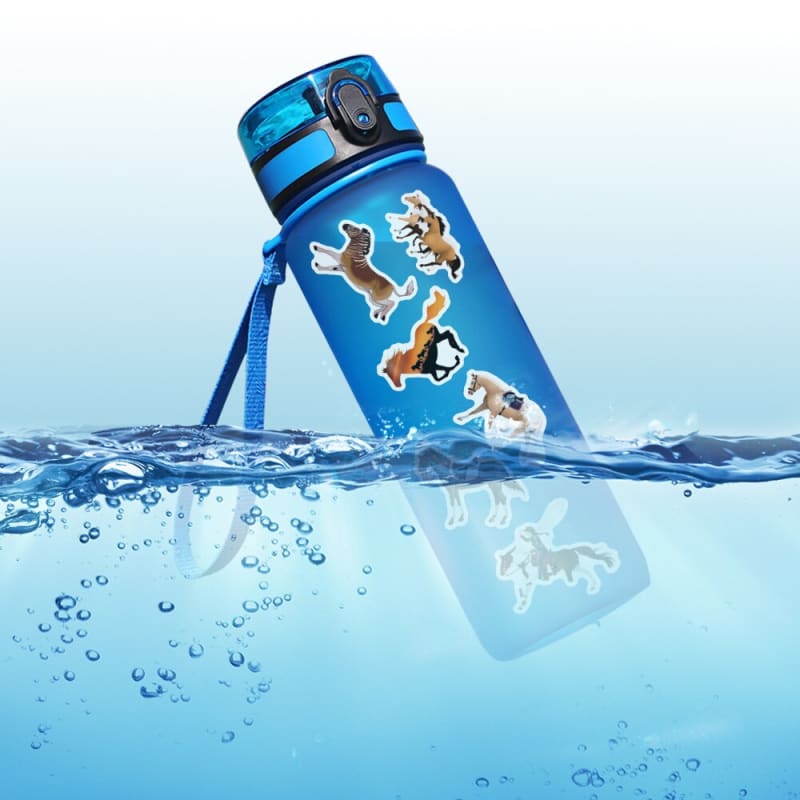
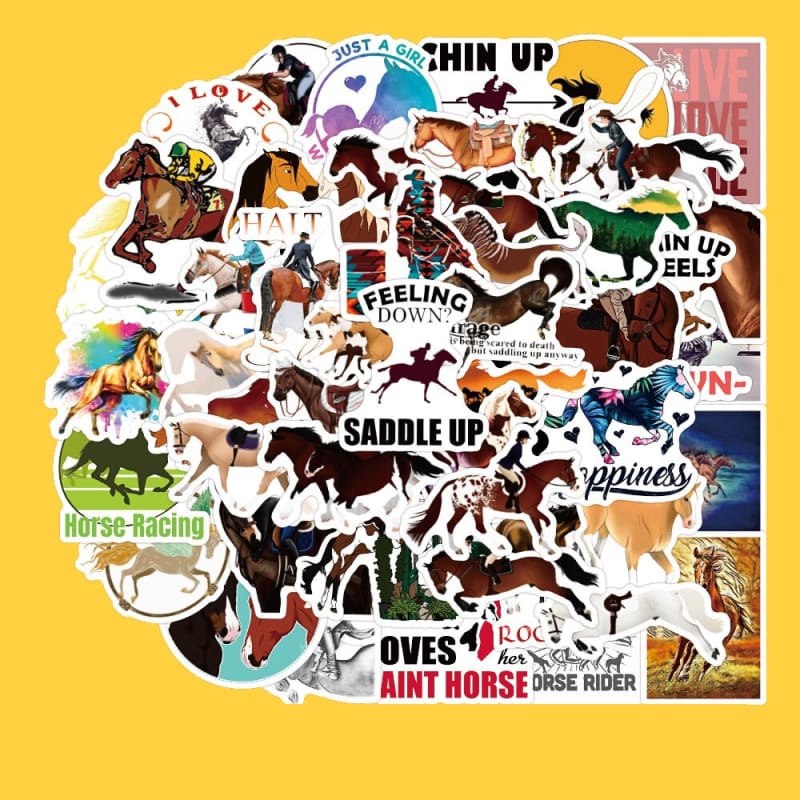


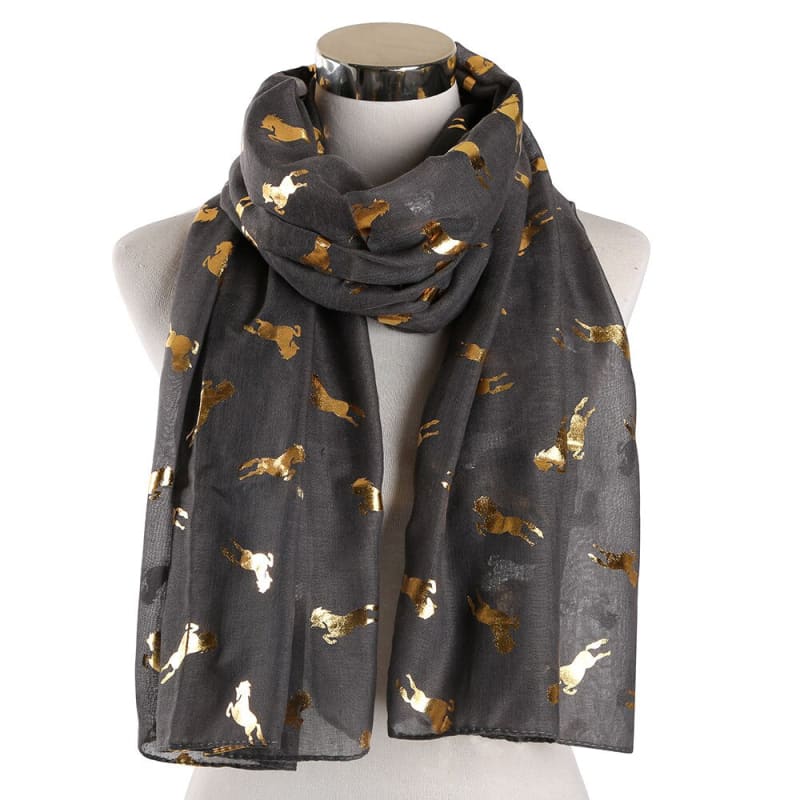
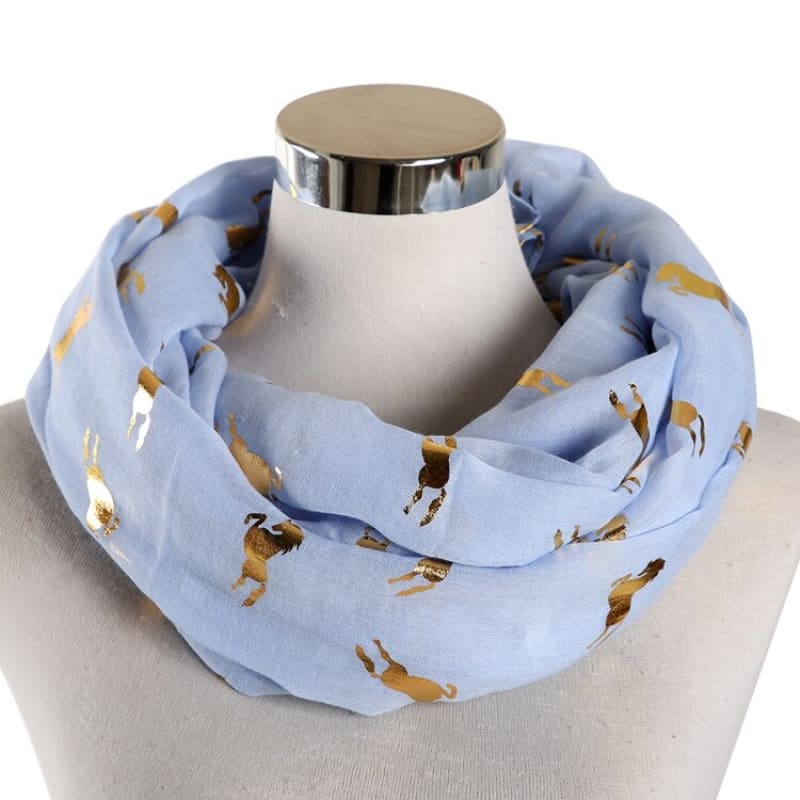

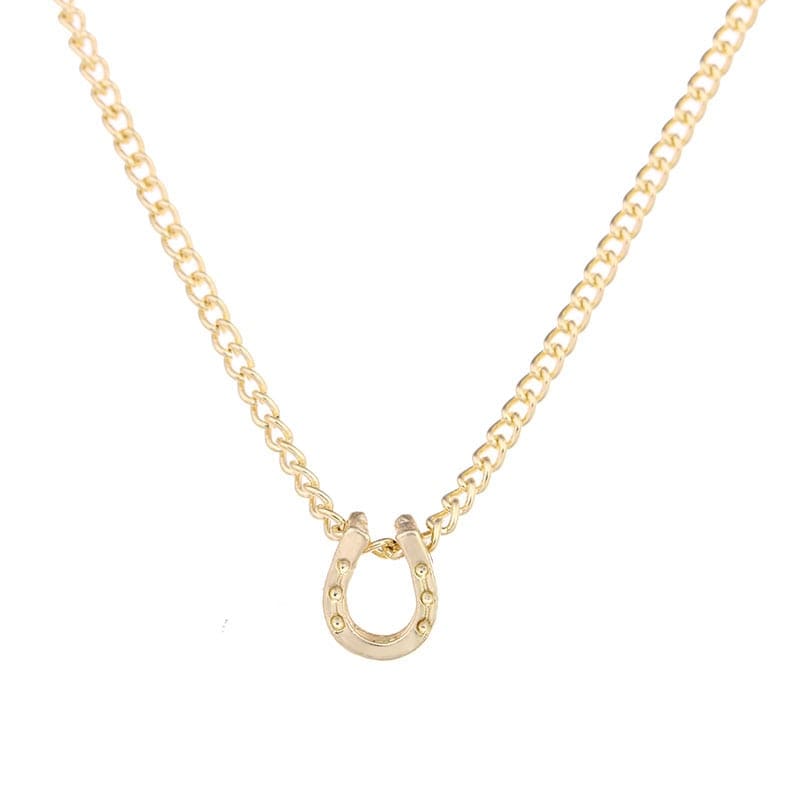
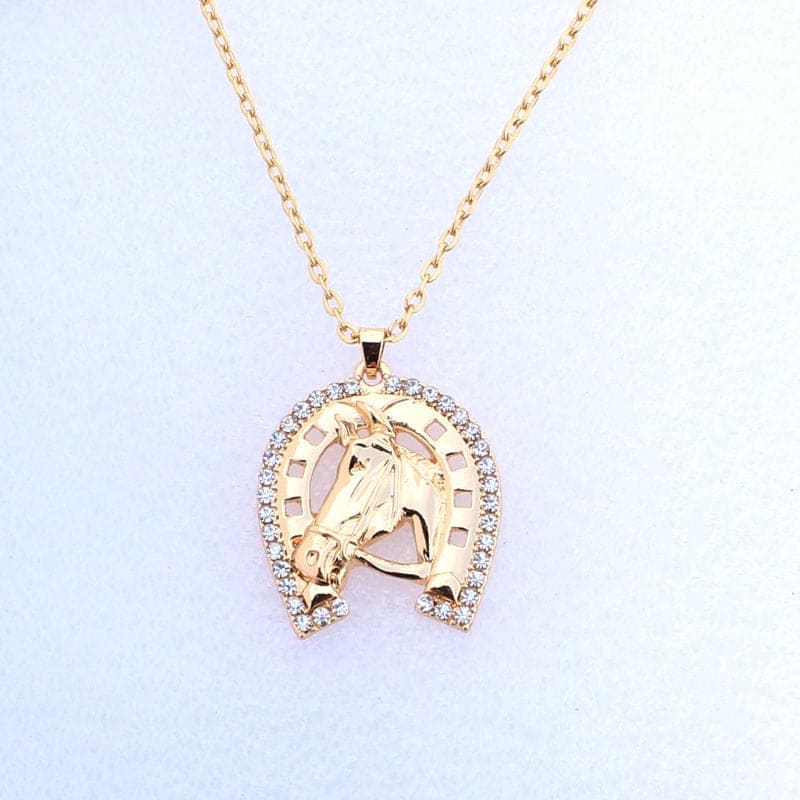
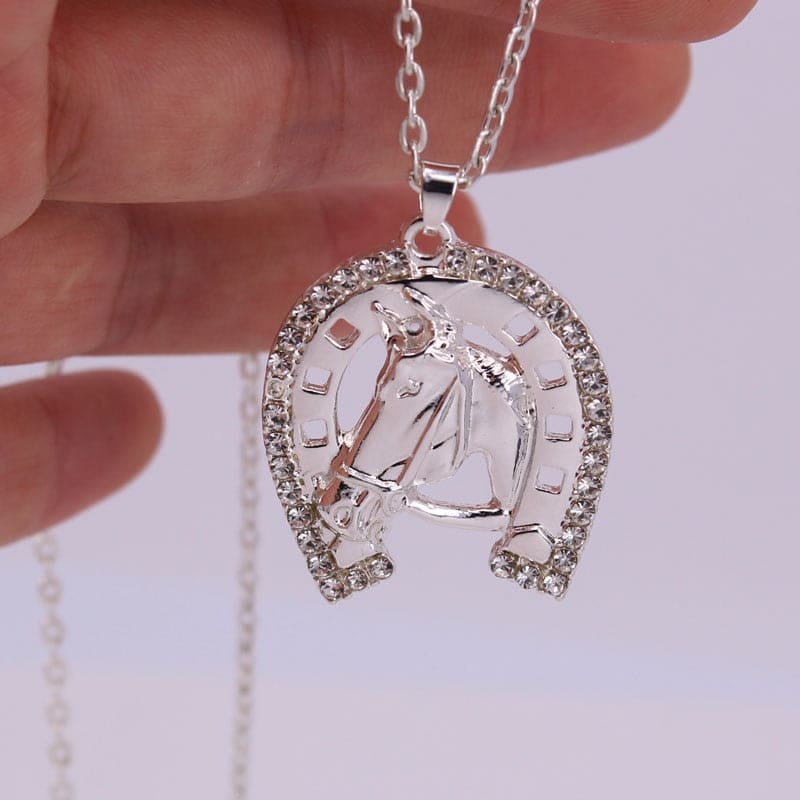







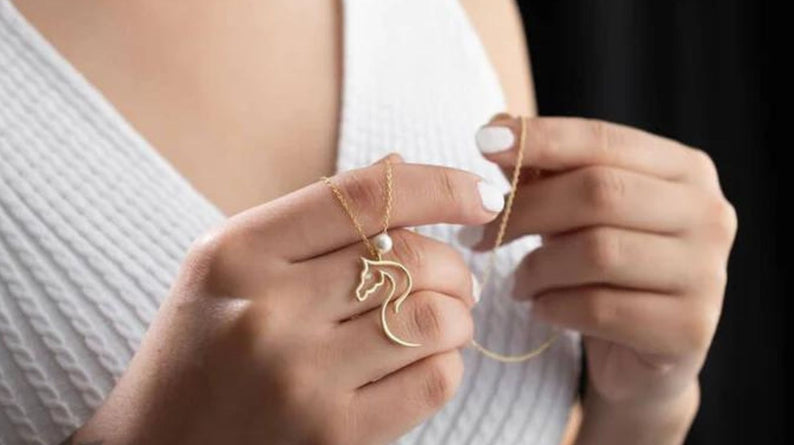
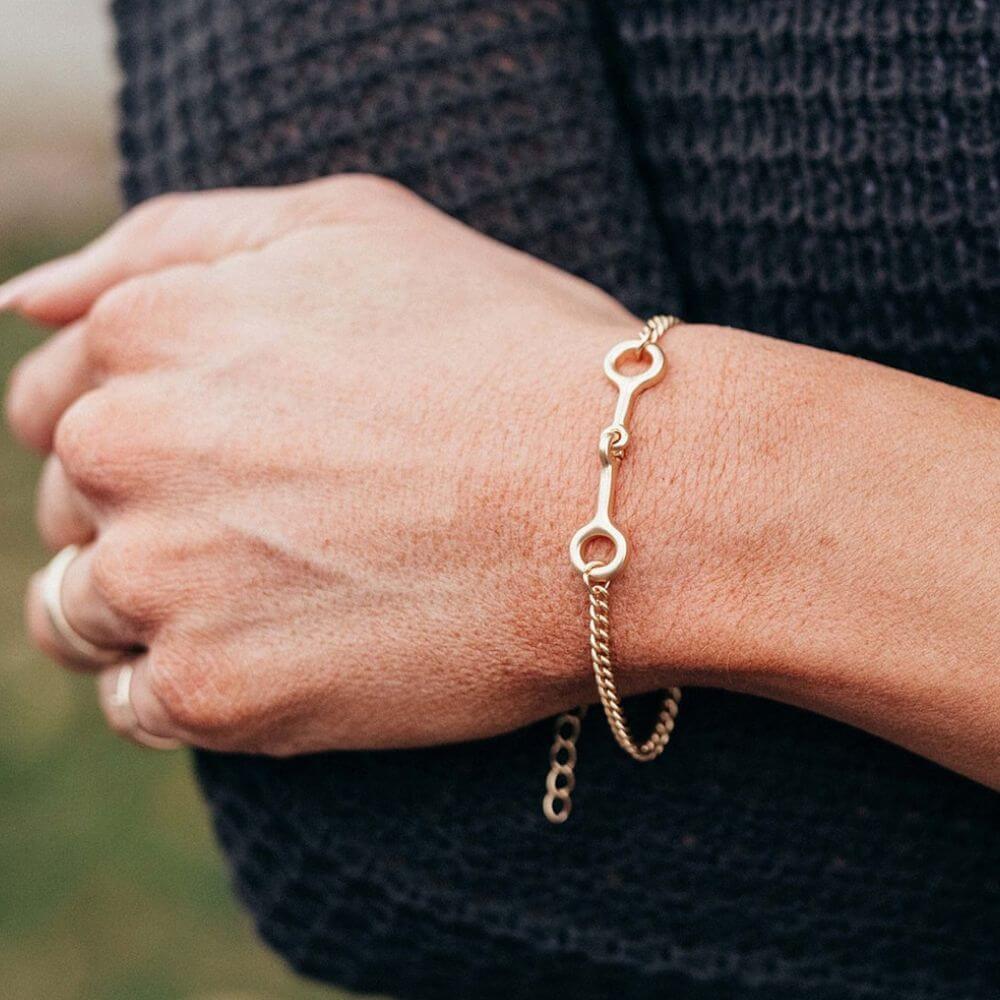

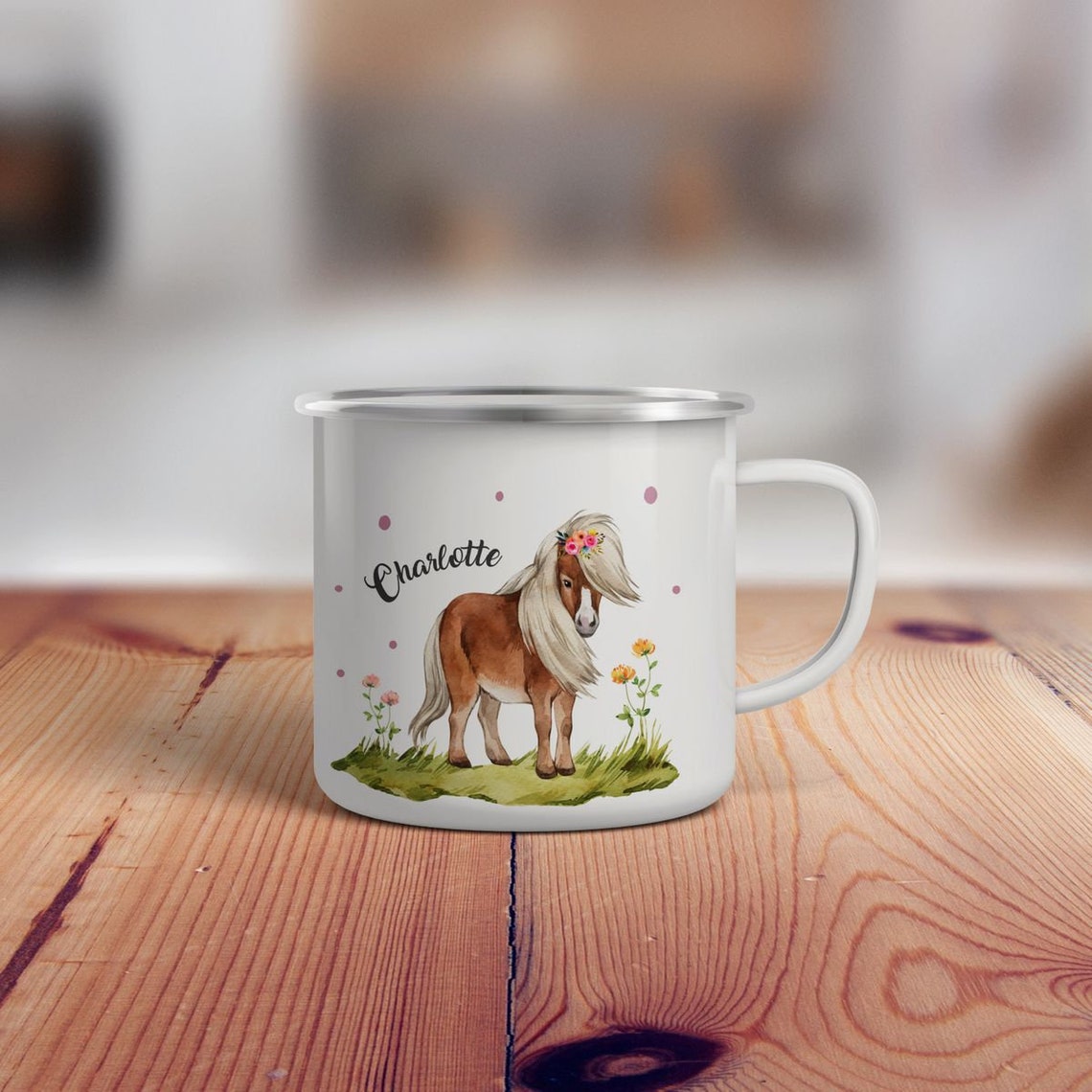
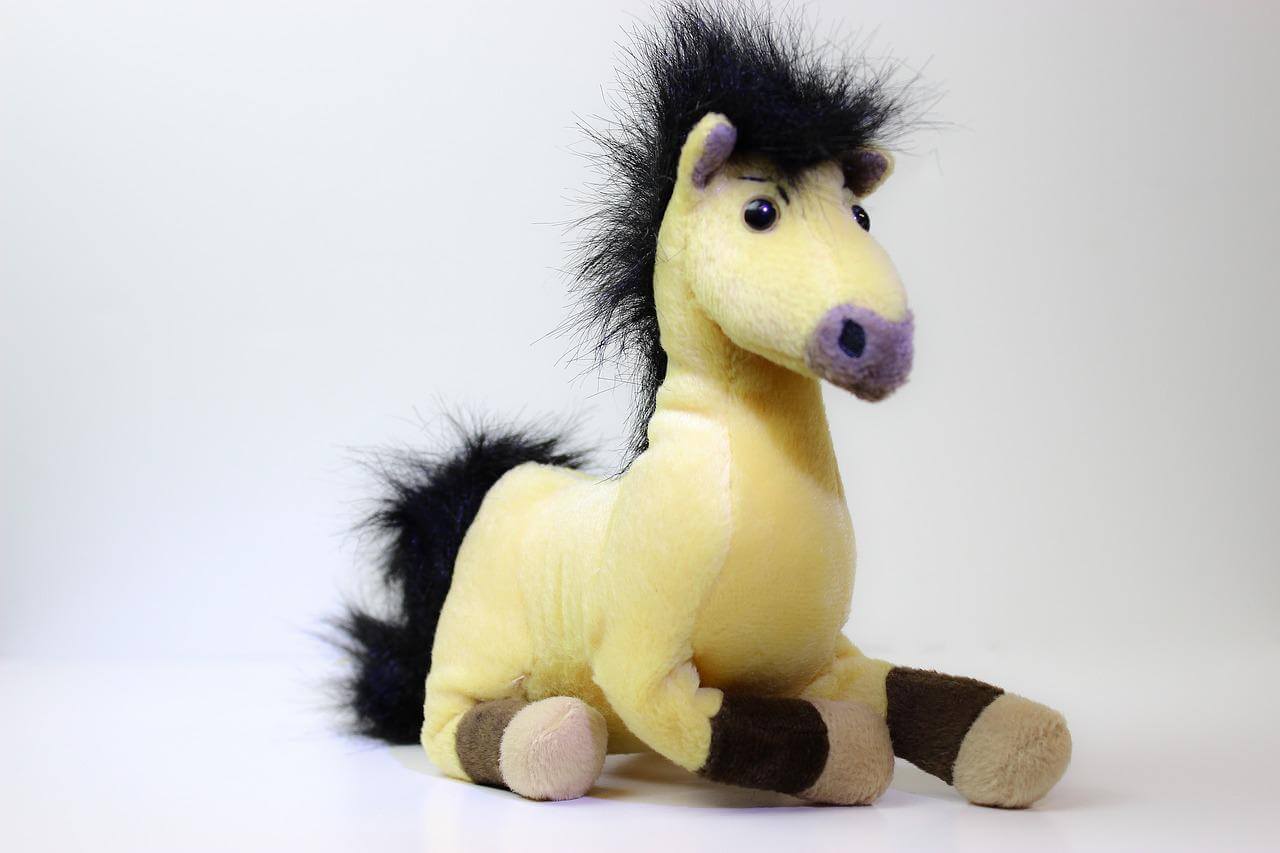
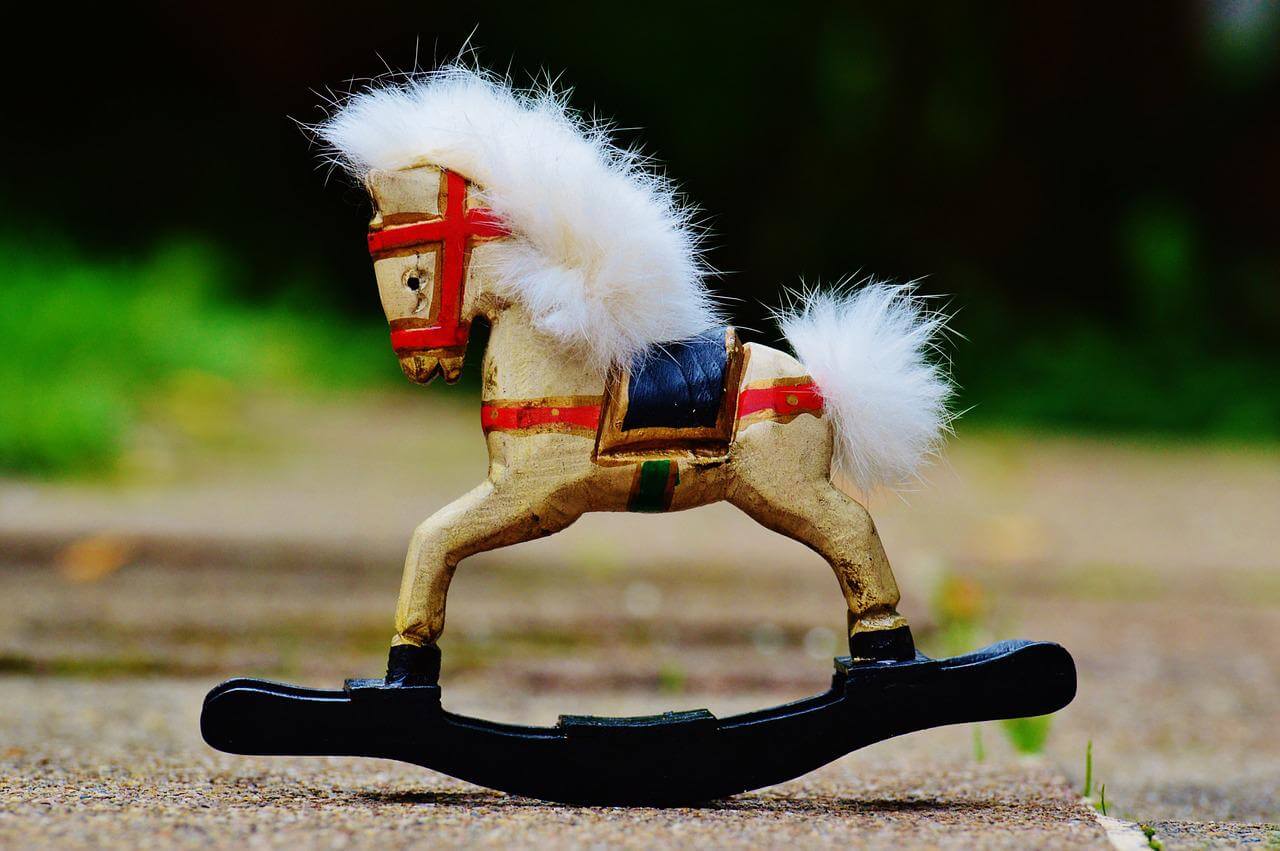
Leave a comment
All comments are moderated before being published.
This site is protected by reCAPTCHA and the Google Privacy Policy and Terms of Service apply.